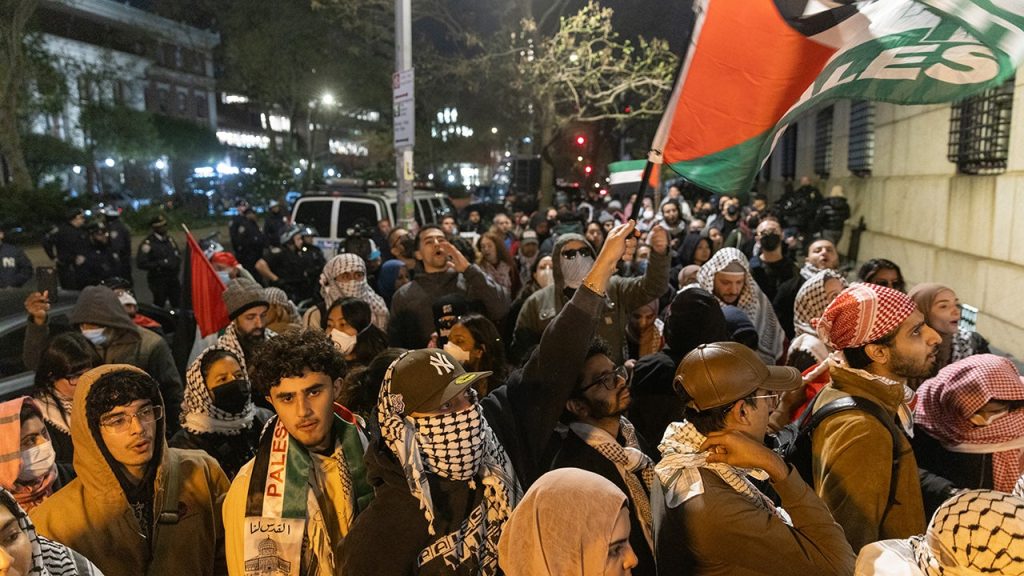Columbia University has been engaged in talks with protesting students who set up an anti-Israel encampment on campus. University President Nemat “Minouche” Shafik stated that the goal of the talks was to collaboratively resolve the situation by having the encampment orderly removed from the lawn and ensuring that the students adhere to university policies in the future. However, as of Monday, no agreement had been reached. This has caused concern among non-protesting students who were forced to leave campus due to safety issues.
Despite ongoing negotiations, Rep. Elise Stefanik criticized the university’s leadership for failing to address the rampant antisemitism associated with the protests. She highlighted the importance of holding elite universities accountable for their actions. The anti-Israel demonstrations in New York City have continued since April 18, prompting the university to set deadlines for the removal of the encampment. Despite extensions and reports of progress in talks, an agreement has yet to be reached.
President Shafik emphasized the university’s commitment to core principles, including physical safety, academic freedom, respect for others’ rights, and condemnation of hate and discrimination. She acknowledged that the anti-Israel protests have created an unwelcoming environment for Jewish students and faculty, prompting some to leave campus. Despite efforts to balance principles and negotiating financial support for Israel, the university will not divest from Israel but has offered new avenues for dialogue and investment in health and education in Gaza.
The university aims to find a balance between students’ right to protest peacefully and the desire of others to graduate without disruption. Shafik reiterated the university’s support for free speech and peaceful protest but urged those in the encampment to voluntarily disperse. The university is exploring internal options to end the crisis as soon as possible and will provide updates to the community on developments. More than 100 people have been arrested at Columbia University for trespassing, reflecting a trend of similar protests at universities across the country.
The Columbia University anti-Israel encampment has sparked a national conversation about the boundaries of free speech, academic freedom, and safety on college campuses. The protests have received mixed reactions, with some supporting the students’ right to protest and others condemning the antisemitic behavior associated with the demonstrations. As negotiations continue between university officials and protesting students, the future of the encampment and the broader implications for campus activism remain uncertain. The university’s handling of the situation has raised questions about leadership, accountability, and the intersection of politics and education in higher education institutions.


